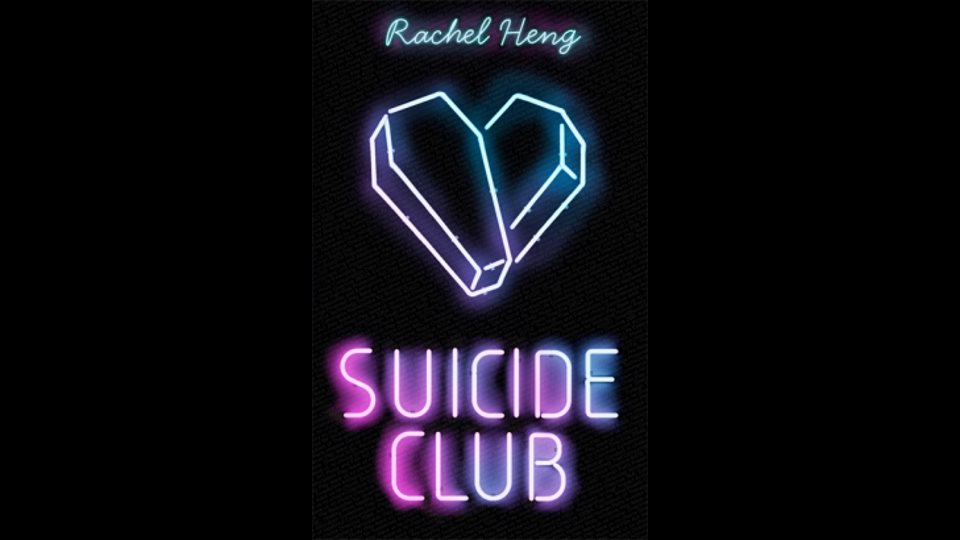

A science fiction tale set in a vaguely near future USA, this is a look at life, death and immortality, and what people will do to get it.
As medical science improved, people started replacing more and more of their bodies. There's DiamondSkinTM, SmartBloodTM and ToughMuscTM, all of which are available for free to "lifers". These are people who are gauged at birth to have a life expectancy greater than 100. They are the ones who are candidates for immortality, as part of the "Third Wave" of enhancements, with the possibility of eliminating death entirely.
Those who are born with life expectancies below the magic number? Expendable. Useful for cheap labour, but only able to get access to life-extending replacements either on the black market or through early stage prototype testing. Which comes with a significant risk of leaving them "misaligned". In this state their artificial organs still continue to function, but not synchronised, leading to a horrible form of locked in symdrome, in which it's never certain if people are still conscious. These people are literally "sent to live on a farm" in order to be harvested for nutrients.
That's what happened to Anja's mother, and what got her interested in the Suicide Club of the title, who oppose the government's attempts to keep people alive, by taking part in ritualised, publicized suicides. Opposite her is Lea, the epitome of a lifer, aiming for her immortality, while still hiding a hint of darkness.
The story looks at their meeting, their goals and what might happen when a society sets itself counter to a natural law. The world-building is excellent. The ideas behind the improved people and the societal changes that would be encoutered when people frequently live to 200 are well explored. Decades of learning before entering highly skilled jobs. Obsessions with health fads and the careful assessment of the effect of everything you eat.
Lea is a nice example of someone failing to deal with the high pressure of expectations upon her, and her psychological troubles make for grim reading, with some impressively horrible scenes. In contrast Anja is active, forcing society to do what she wants, and dragging Lea along with her, and their actions together and separate for their individual ends are fun to watch.
I enjoyed the hell out of the first half of the book. It sets up some really interesting ideas, and has that high concept feel of some of the best "thinky" sci-fi. There are a lot of things in here that I was excited to read more about. Unfortunately it falters a little at the three quarters mark. The main conflict of the book never really appears and instead it drifts off into a rather more philosophical ending, which didn't particularly appeal to me. I will confess to being unsure how I'd have like to see it end, but there was a certain element of "is that it?" when the book finished.
Still, that first half is genius, and the questions the book asks are definitely ones you'll enjoy thinking about. There's the idea of whether the right to die can be taken away by the government, how much awareness people need to be able to self-determine, and whether chasing of health is a good idea. There's a lot in it. Worth it for that.





Tagged: Book Science fiction Super-science world Novel Print